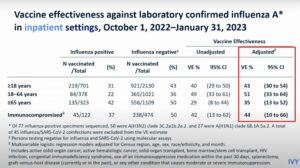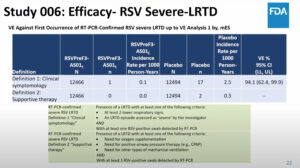NEW YORK (Reuters Health) – The incidence of tuberculosis diagnosis is significantly higher than normal in the 6 months following pregnancy, according to the findings of a national cohort study conducted in the UK and reported online December 9th in the American Journal of Respiratory and Critical Care Medicine. “Although we did not find an increase during pregnancy, the post-partum incidence may reflect an increase during pregnancy given diagnostic, immunological and administrative delays,” the authors comment.Dr. Dominik Zenner, with the Health Protection Agency in London, and colleagues explain that in the UK, because of immigration and changes in the epidemiology of tuberculosis, TB rates are expected be higher in pregnant women. However, it has been unclear if pregnancy increases the risk of TB infection.To investigate, the team analyzed data from the national General Practitioner Research Database on all women with pregnancies between 1996 and 2008. A total of 192,801 women with a total of 264,136 pregnancies were included in the study. Within this cohort, 177 TB events were identified; 22 of these occurred during pregnancy and 22 in the 180 days after pregnancy.The investigators found that the rate of diagnosis of TB during pregnancy and the postpartum period was significantly higher than during non-pregnant periods (15.4 vs 9.1 cases per 11359,000 person-years; p=0.02)After adjustment, the incidence rate ratio remained significantly higher in the postpartum period (1.95) but not during pregnancy (1.29). The authors suggest that this reflects a gradual increase in susceptibility during pregnancy and gradual normalization afterwards.The findings were confirmed when the researchers performed a nested self-controlled case series, adjusting for individual and time-bound confounders. In this analysis, the TB incidence rate ratios were 1.62 in the postpartum period and 1.03 during pregnancy.“Given our results, targeted screening of pregnant and post-partum women in high-risk groups may be warranted, given that delays in treatment initiation are associated with poorer outcomes for both mothers and their children,” concluded Dr. Zenner in a journal statement. Reference:Am J Respir Crit Care Med 2011;




